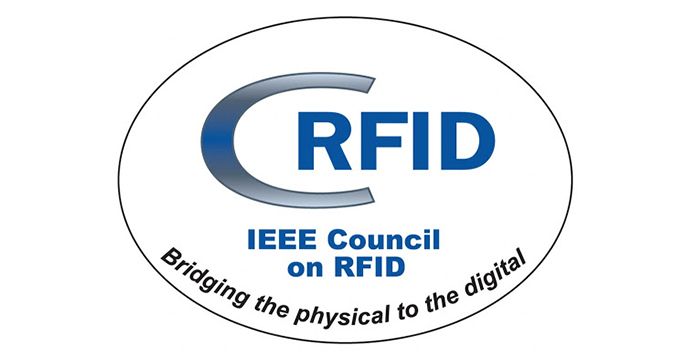The following is a list of workshop events that will be held at WiSEE 2023. It is possible to submit a peer-reviewed paper to a workshop by selecting the corresponding acronym during the submission procedure.
Space-Terrestrial Internetworking
(STINT)
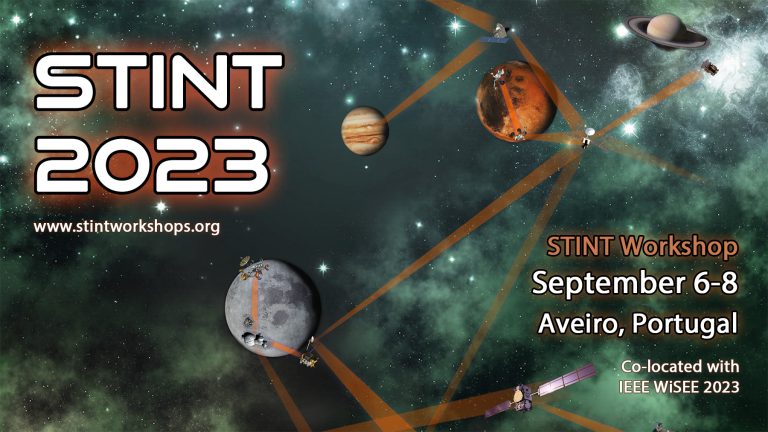
Workshop chairs:
- Ed Birrane
- Juan A. Fraire
- Carlo Caini
- Marius Feldmann
- Scott Burleigh
Date: September 6-7, 2023
WS program: link
The Space-Terrestrial Internetworking (STINT) Workshop addresses emerging technical topics related to data exchange between and amongst space-based and terrestrial network nodes. Such communications systems accept space assets as first-class nodes performing common network functions including stateful packet inspection, routing, management, and security. More information in the dedicated website.
Non-Terrestrial Networks for 6G systems
(NTN6G)
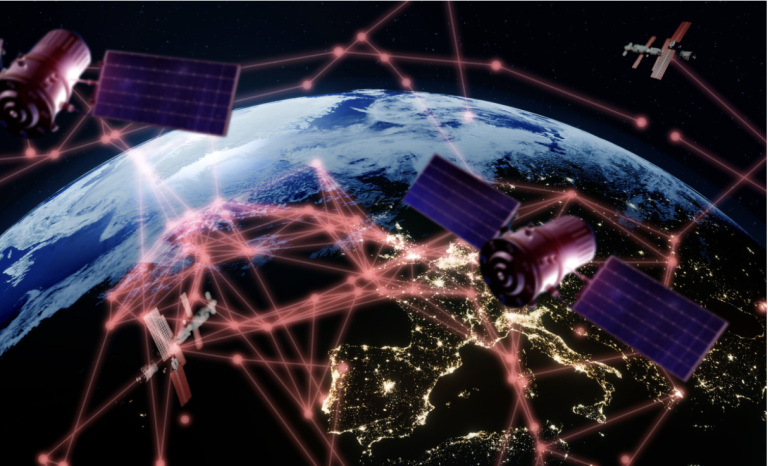
Workshop chairs:
- Alessandro Guidotti, CNIT-University of Bologna
- Alessandro Vanelli-Coralli, University of Bologna
- Tomaso De Cola, Deutsches Zentrum für Luft- und Raumfahrt (DLR)
- Konstantinos Ntontin, University of Luxembourg
- Mohamed El Jaafari, Thales Alenia Space France
Date: September 8, 2023
WS program: link
Today, 5G networks are being worldwide rolled out, with significant benefits to our economy and society. However, terrestrial 5G systems alone are not expected to be sufficient for the challenges that 2030+ networks will experience. In this framework, the integration of the satellite industry in the 3GPP ecosystem is now a reality thanks to Rel. 17, in which the features for 4G and 5G systems to support a non-terrestrial component are specified. Further studies are already on-going to define 5G-Advanced (up to Rel. 20) and 6G (beyond Rel. 20) specifications, in which Non-Terrestrial Networks (NTN) are globally recognised as a key enabler of a unified, rather than integrated, 3D terrestrial/non-terrestrial network infrastructure. Such architecture will combine terrestrial, air-borne, and space-borne Radio Access Networks, including both standalone nodes and mega-constellations, for the convergence of the physical, human, and digital worlds. Aiming at efficient and flexible network operations, the global architecture shall be autonomous, intelligent, self-organizing, and resilient, in which the ground, user, and space segments are expected to witness a major breakthrough in technologies and techniques.
Topics of interest include, but are not limited to:
o Network architecture
o Cognitive radios and emerging technologies
o Localisation, detection, and tracking
o Standardisation and regulation
o Free Space Optical communications
o Quantum communications
o Artificial Intelligence and Machine Learning
o Antenna design and processing
o Propagation modelling and channel description
o 6G verticals for NTN
o Joint communication and sensing
o End-to-end Security paradigms
o Network orchestration and service provisioning
o Spectrum farming
o NTN-enabled IoT concepts
o Routing for dense multi-orbit space networks
o Unified air-interface
o Edge computing and caching
o Horizontal/vertical handovers
o Unified waveform design
o Software-defined networking
Glue Technologies for Extreme application scenarios
(GTExt)
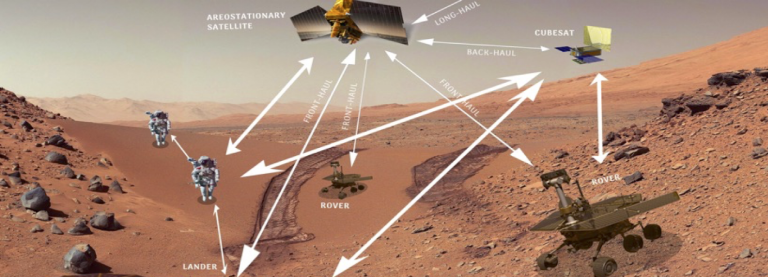
Workshop chairs:
Prof. Claudio Sacchi,. University of Trento
Alessandro Guidotti, CNIT, University of Bologna
Date: September 8, 2023
WS program: link
Aerospace communications are now evolving to the “Space 2.0” paradigm, which is based on the concept of space intelligence, i.e., the capability of building and orchestrating a networked cognitive space environment. In this context, the terrestrial and non-terrestrial components will be unified towards a 3D network architecture, providing global, ubiquitous, resilient, and always-on communications. Such a system architecture would be particularly beneficial in emergency situations, e.g., after an earthquake or terroristic attack, when the terrestrial infrastructure alone might be disrupted. A flexible and self-organising 3D network would be capable of promptly providing connectivity on-ground to the first responders and, in general, for emergency communications. In this context, glue technologies constitute the necessary common platform for the innovative systems based on the non-terrestrial components (e.g., satellites, drones) that shall be deployed in the near future.
Topics of interest include, but are not limited to:
o Network architecture
o Cognitive radios and emerging technologies
o Localisation, detection, and tracking
o Standardisation and regulation
o Optical communications
o Quantum communications
o Artificial Intelligence and Machine Learning
o Antenna design and processing
o Propagation modelling and channel description
o NTN for emergency scenarios
o Software Defined Radios for resilient communications.
o Software Defined Networking and Network Function Virtualization in extreme application scenarios.
Space Solar Power
(SSP)
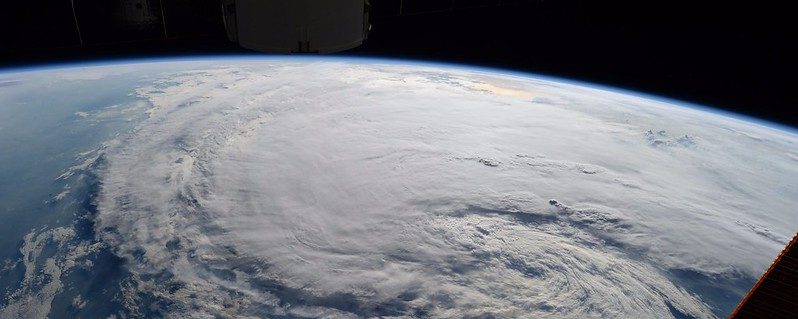
Workshop chairs:
- Christopher R. Valenta (Georgia Tech),
- Reza Zekavat (Worcester Polytechnic Institute),
- Darel Preble (Space Solar Power Institute),
- Paul Jaffe (US Naval Research Lab),
- Alessandra Costanzo (University of Bologna)
Date: September 6-7, 2023
WS program: link
This workshop offers a forum for researchers, developers, and policy-makers to discuss SSP technologies, to advance the state of the art, to discuss supporting and related technical issues, and to take necessary actions. Accepted papers will be published at IEEExplore and presented at the workshop. The workshop accepts abstracts+talks and papers+talks. Papers should be submitted online and follow WiSEE 2023 format and submission approach.
